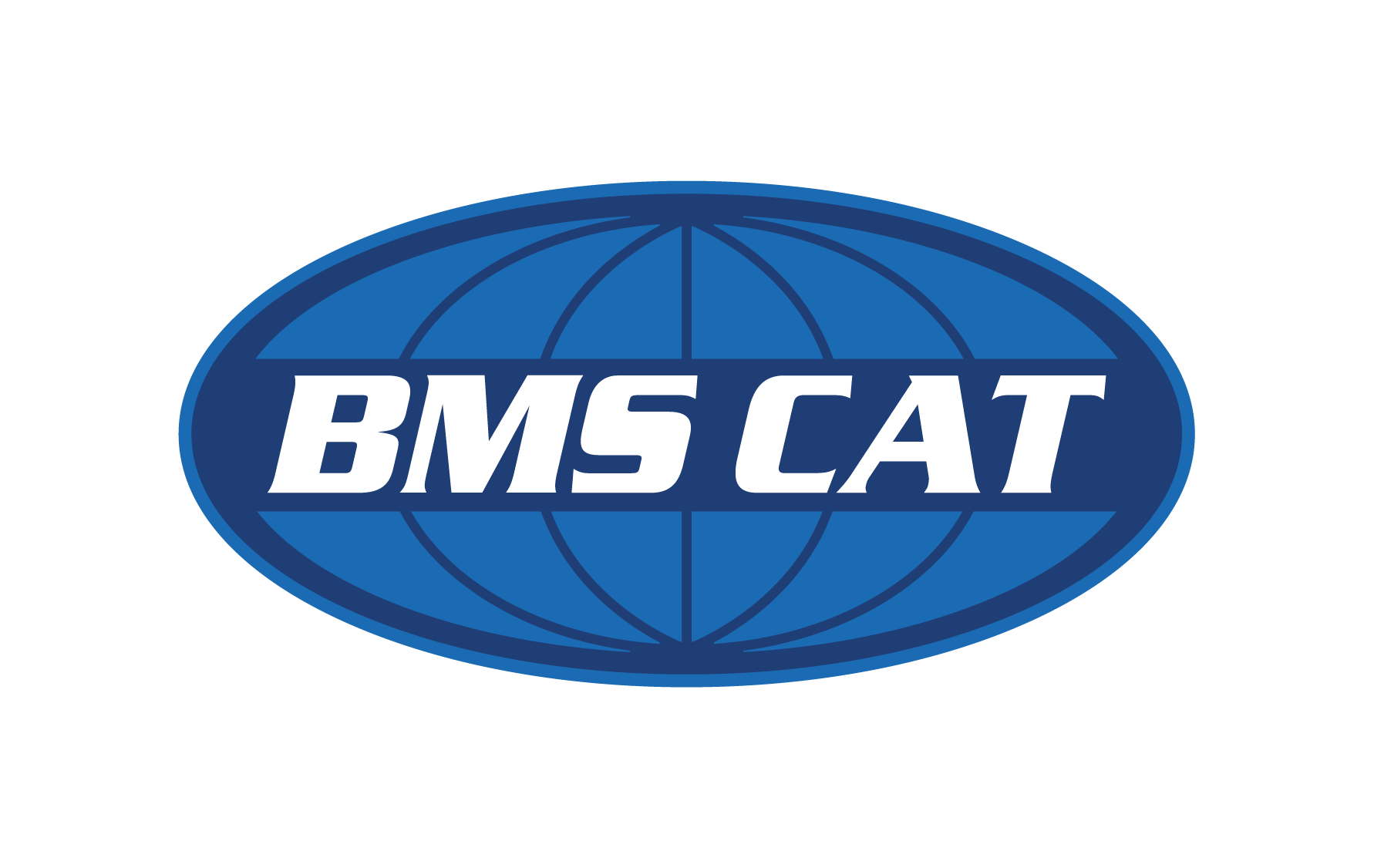
If you’ve finally decided to get serious about doing some summertime cleaning, you might want to stop and think about what you are actually about to do. You may have the purest of intentions by wanting to clean your couch and other furniture, but you might actually end up causing more harm than good or actually making stains worse than they were before. You’ve likely learned through experience that certain stains just won’t go away, which can certainly be frustrating.
Before you jump in and get your hands dirty, take a step back and think before you clean.
Sometimes Cleaning Can Do More Harm Than Good
Store-bought cleaning products are meant to be used by non-professionals, meaning they do not require the extra care and knowledge necessary to safely use professional-grade cleaning products. These products may work great in some instances, but sometimes you need to call in a pro to really get the job done without making matters worse.
The fact is that some stain removers and detergent products can actually damage your fabric or make existing stains even worse. Certain cleaning products contain harsh agents such as bleach or alkaline, which can actually produce unwanted side effects such as staining or discoloration. If you plan on doing things yourself, make sure you do your homework and closely examine your fabric types and cleaning products to make sure you don’t end up making things worse than they were before.
Most Modern Furniture Comes with a Cleaning Code
Hopefully, you didn’t throw out all of that paperwork that came along with your new sofa or other furniture, because most modern furniture is accompanied by a cleaning code. Even if those papers are long gone, the good news is that this information is typically also found on a label underneath your cushions or can be found online. These cleaning codes will provide you with valuable information that you can use to determine which type of cleaning methods to use on your furniture.
Before you grab any old cleaning product to clean that unsightly stain on your couch, make sure you take a minute to understand the following codes:
- W-code = The fabric can be cleaned using water or other water-based cleaners. W-code furniture is the easiest type for most people to clean without the help of professionals or potentially hazardous chemicals.
- S/W-code = Indicates water-based cleaners, as well as dry cleaning methods, are safe to use, as long as you make sure not to saturate the fabric in water.
- S-code = No water or water-based products should be used to clean this furniture. It is strongly advised to bring in the professionals because an S-code means that special machinery must be used.
- X-code = This code is quite rare for furniture, but can still often be found on shades and blinds. X-code furniture should not be cleaned with water-based cleaners and should only be gently brushed or vacuumed.
Professional Methods are more effective than Consumer Products
Stains on upholstered furniture can sometimes be very difficult to remove with common, readily available consumer products. Difficult stains may necessitate the assistance of cleaning professionals.
Our experts will already know which cleaning products are best for your type of furniture and the specialized care it requires. On top of that, we can also help you protect your upholstery against any future stains by using DuPont™ Teflon® Fabric Protector to help keep your furniture looking as good as possible.
Thinking before you start to clean can be very important when it comes to protecting your furniture and fabric. Sometimes doing things yourself can be the right way to go, but if you want to make sure you’re protecting your furniture investment you may want to play it safe by bringing in the professionals at Blackmon Mooring.
Whether your floors need cleaning, furniture requires stain removal or you have any other unique cleaning issues, we have the proven methods to provide exceptional results.
